Commercial Window Manufacturers Custom Commercial Windows for Export
HOGLAD is a leading commercial window manufacturers in China with 20,000㎡ state-of-the-art facility, offering premium aluminum, aluminum-wood composite and uPVC commercial windows for global markets. With advanced manufacturing technology and strict quality control, we deliver custom commercial window solutions that meet international standards for residential and commercial projects worldwide.
Commercial Window Manufacturers
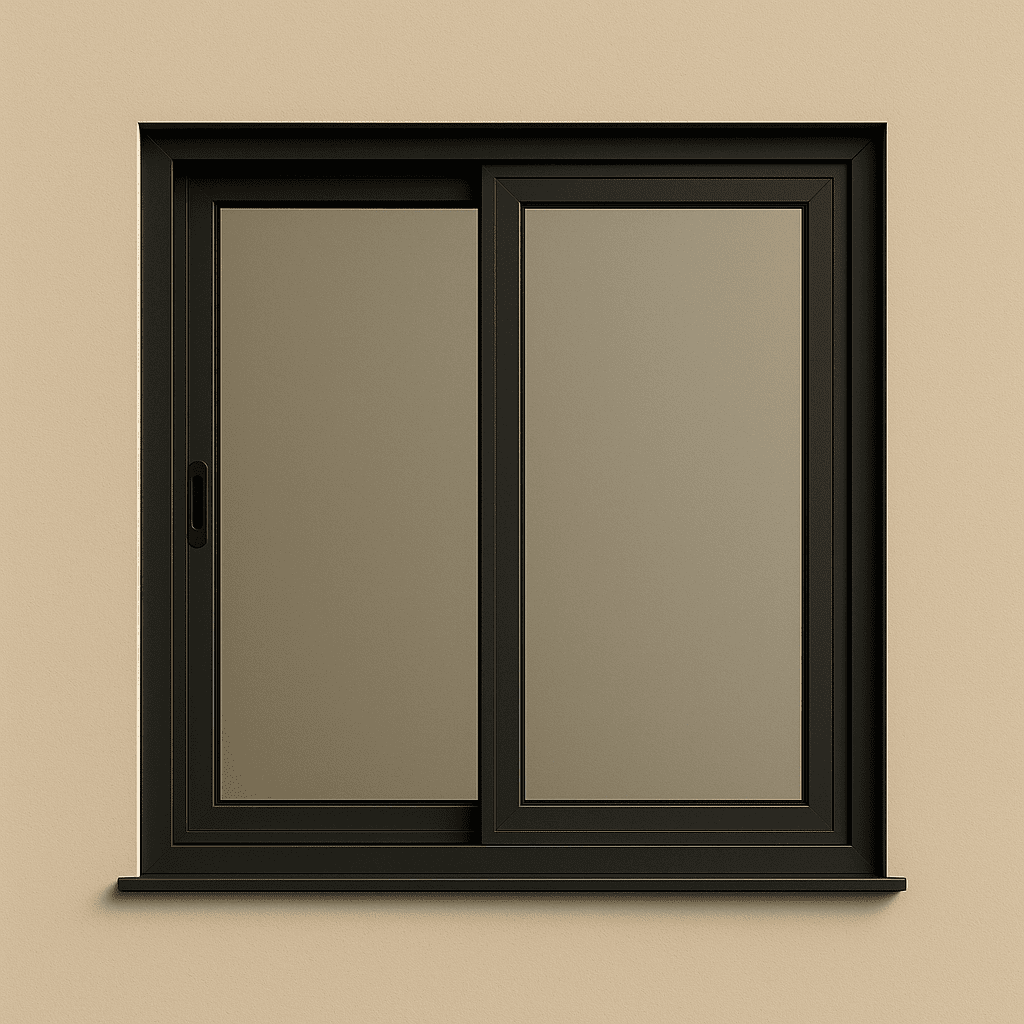
Sliding Windows
Learn More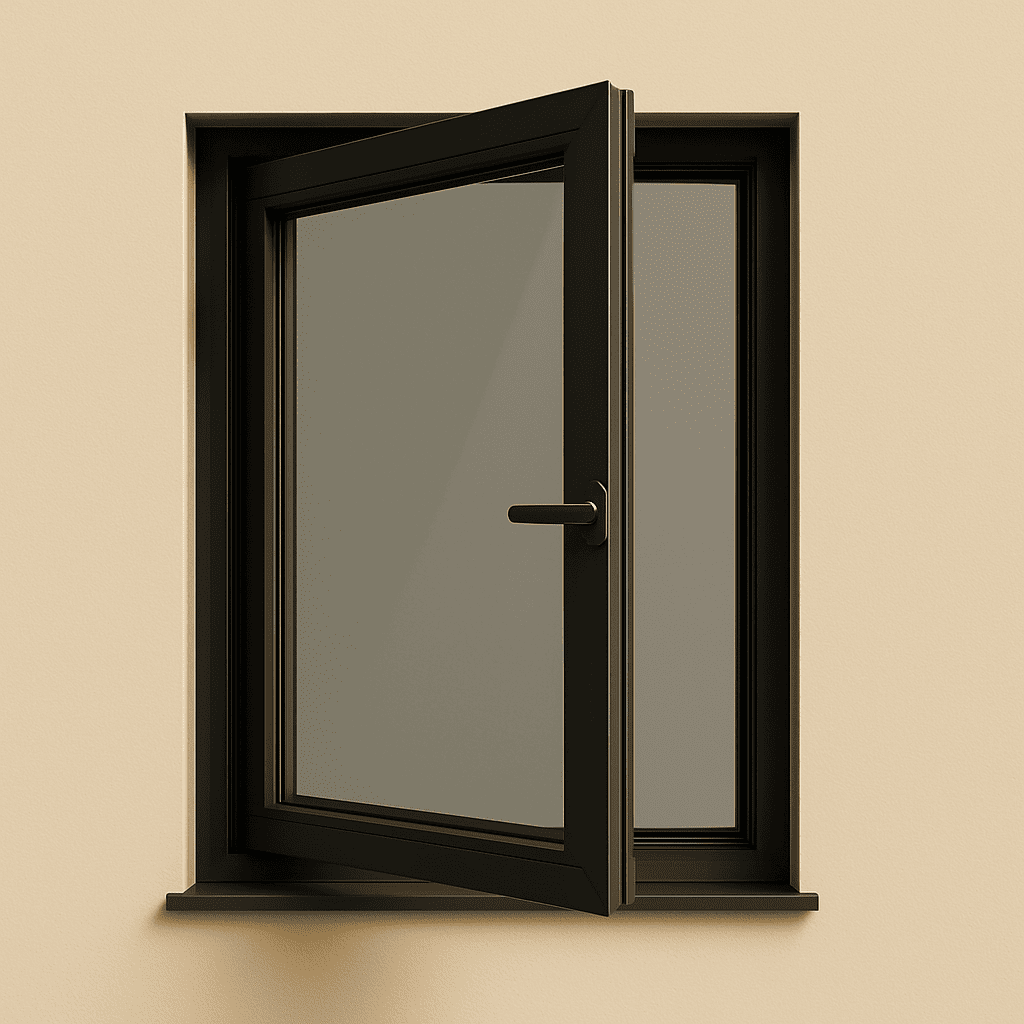
Casement Windows
Learn More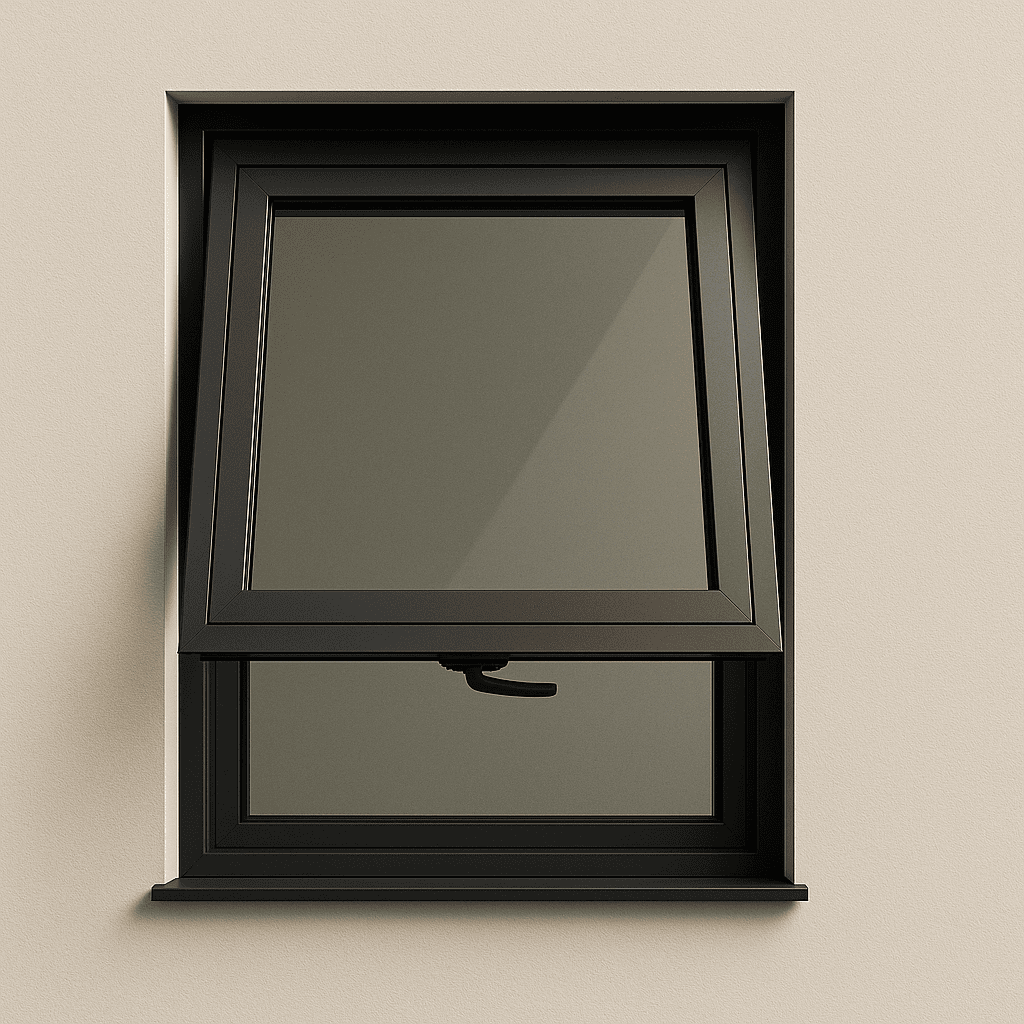
Awning Windows
Learn More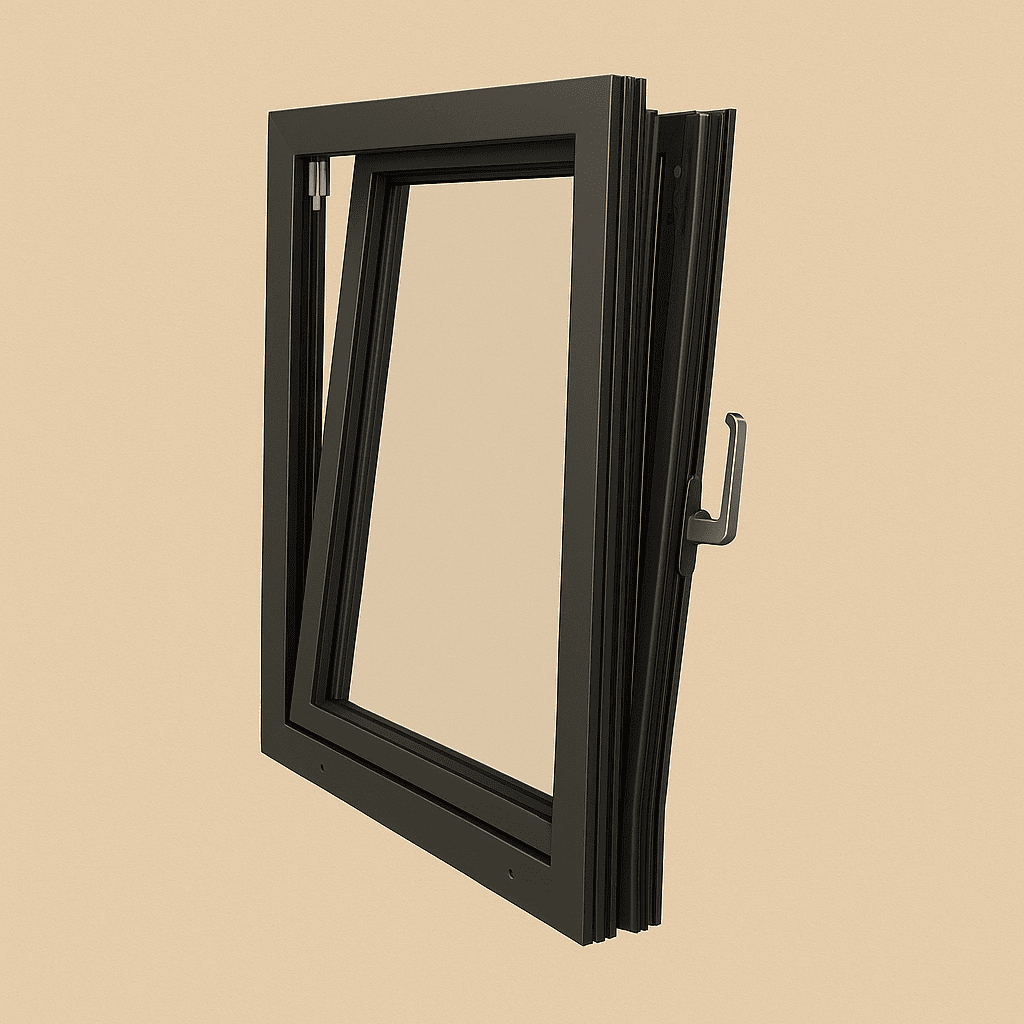
Tilt & Turn Windows
Learn More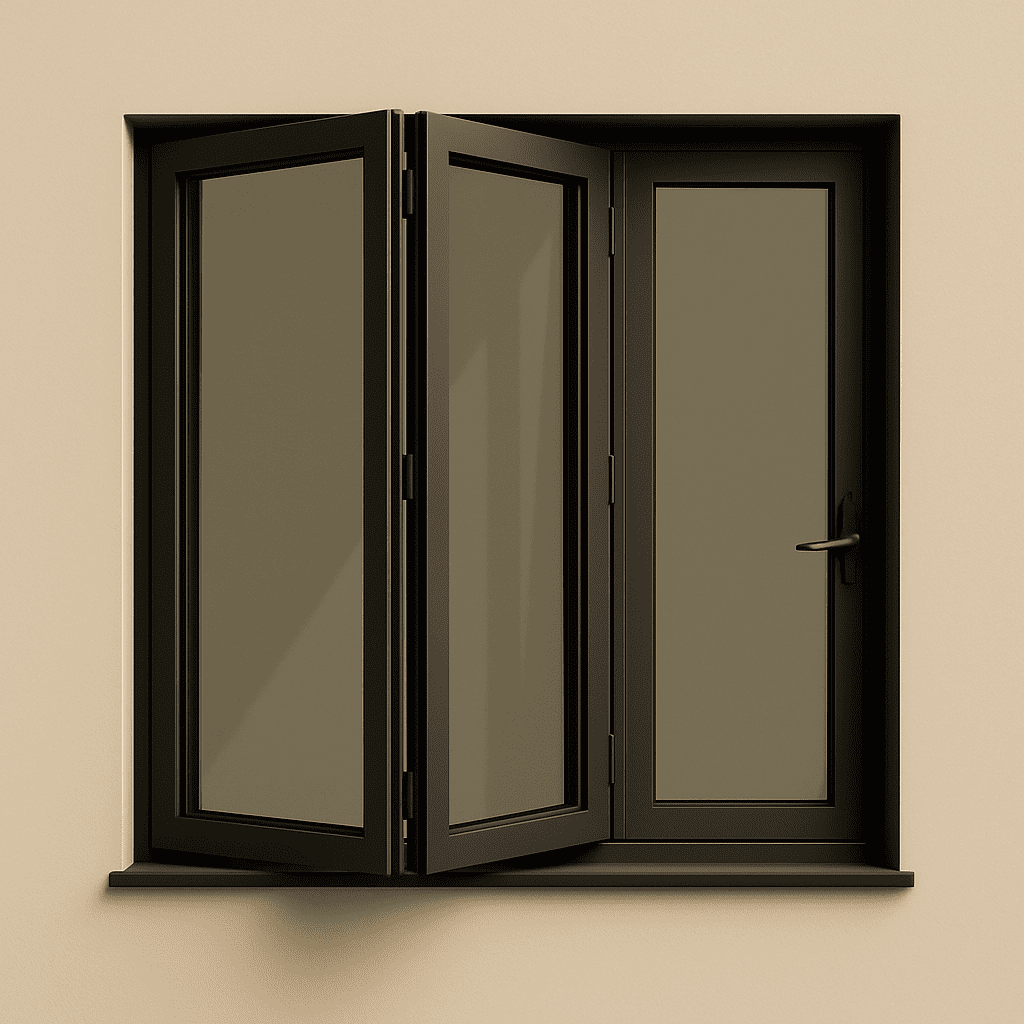
Bifold Windows
Learn More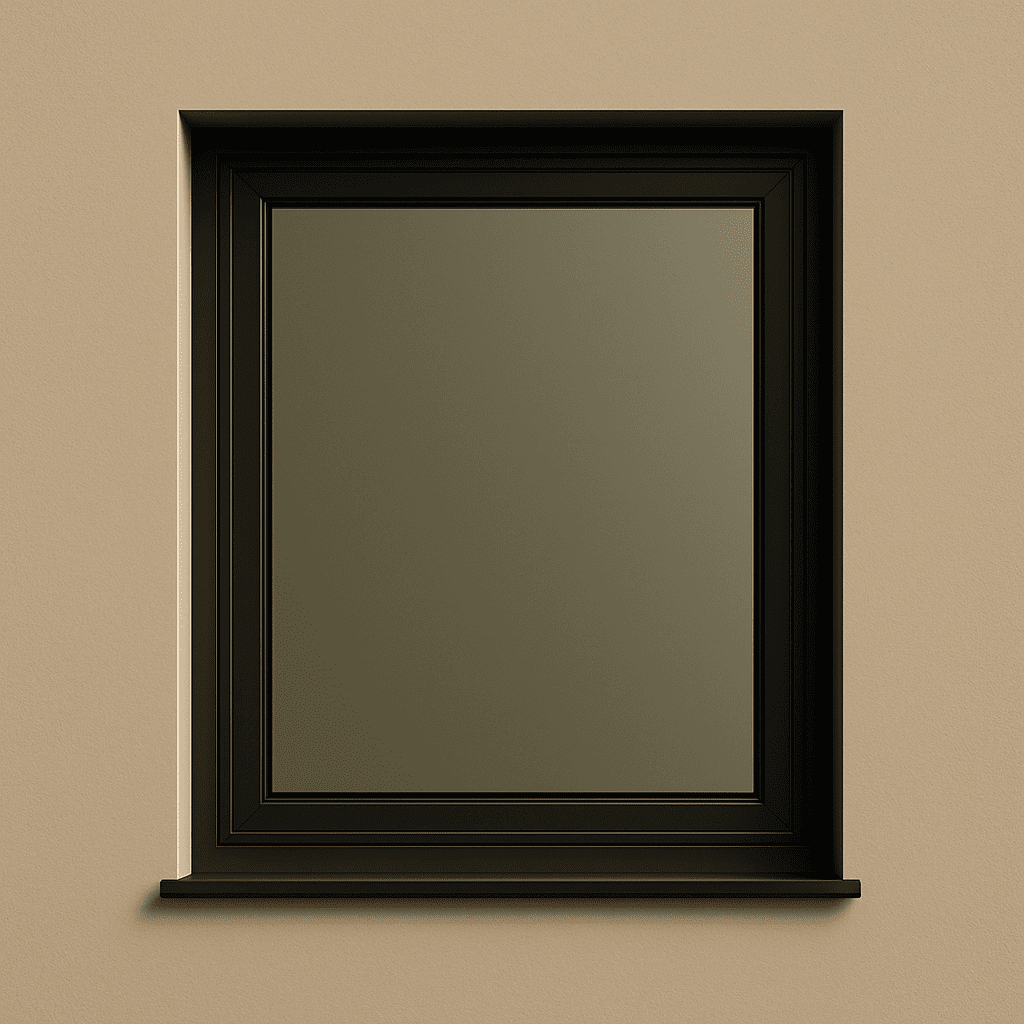
Fixed Windows
Learn More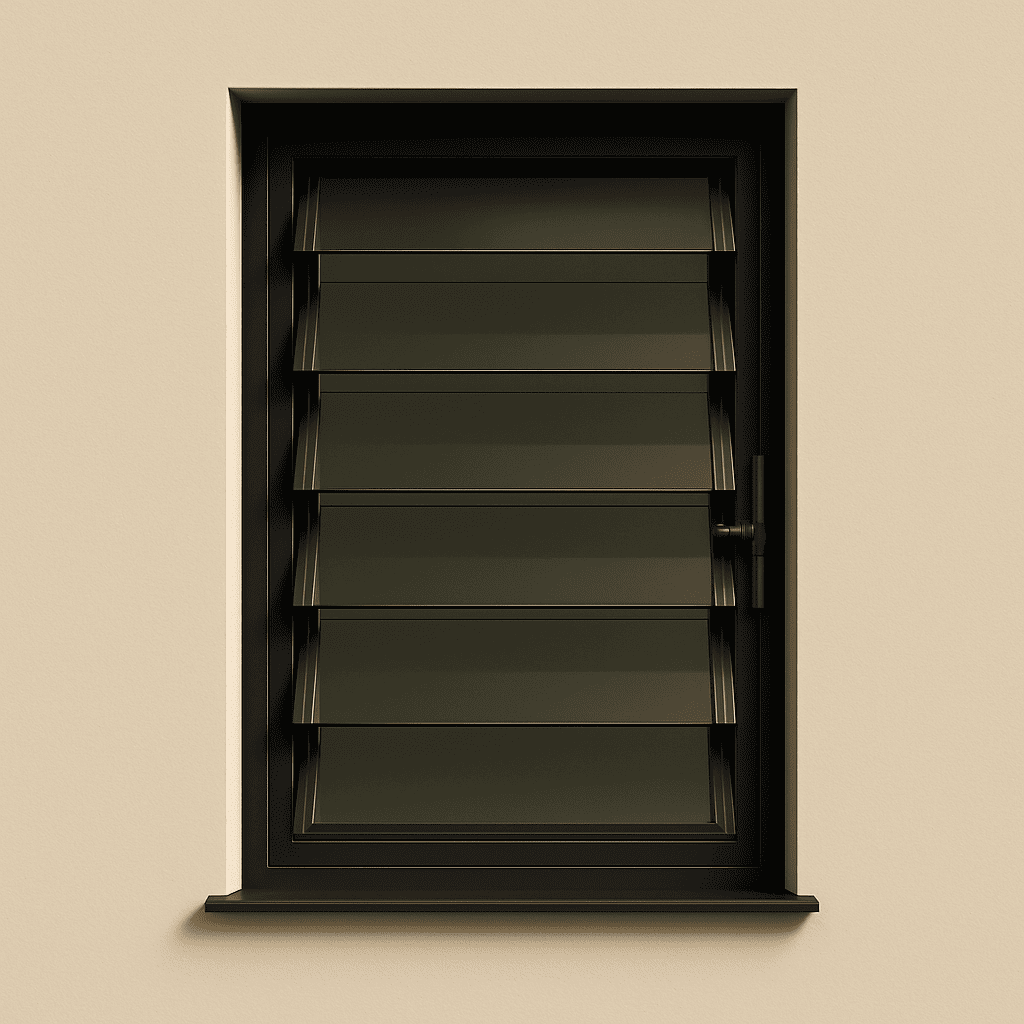
Louver/Shutter
Learn More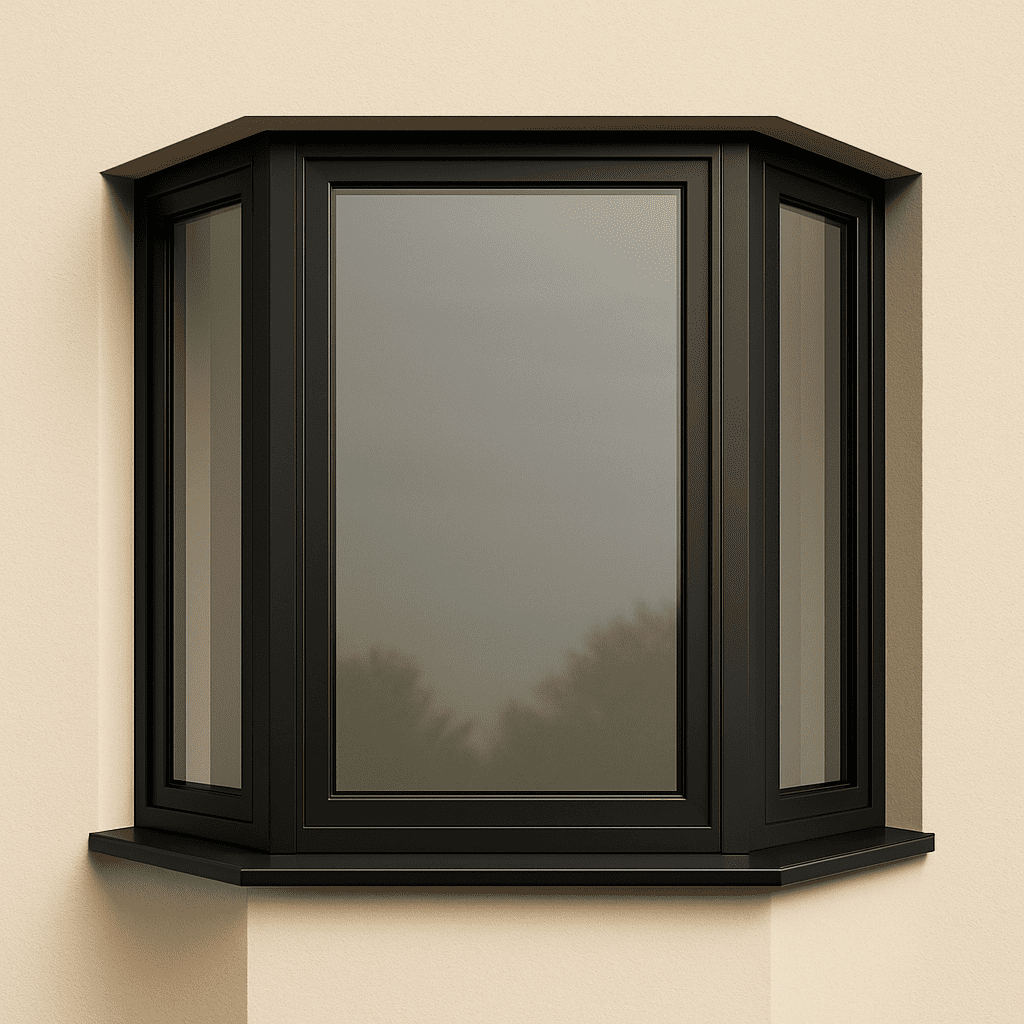
Bay & Bow Window
Learn MoreReady to transform your space with premium windows and doors?
Get Quote NowAll You Need To Know About Commercial Windows
Commercial buildings face unique challenges with energy efficiency, security, and aesthetics. Poor window selection leads to increased operational costs and tenant dissatisfaction. HOGLAD's commercial-grade solutions deliver superior performance, durability, and ROI for your property investments. Our comprehensive approach includes detailed energy analysis, structural assessments, and long-term performance monitoring to ensure optimal building performance throughout the window lifecycle.
Quick Answer
Commercial windows are specialized glazing systems designed for office buildings, retail spaces, and industrial facilities. They prioritize energy efficiency, security, and durability over residential aesthetics. Key features include reinforced frames, multi-pane insulation, and compliance with commercial building codes for enhanced performance and safety. Modern commercial windows incorporate advanced technologies like smart glass, automated controls, and integrated shading systems to maximize occupant comfort while minimizing energy consumption.
Understanding commercial window specifications is crucial for maximizing building performance and occupant comfort. Proper selection can significantly impact HVAC efficiency, natural lighting quality, and overall building sustainability ratings.
What makes commercial windows different from residential?
Commercial windows feature heavier-duty frames, larger glass panels, and enhanced security measures. They're engineered to withstand higher wind loads, temperature fluctuations, and frequent use while maintaining energy efficiency standards. Additionally, commercial windows must comply with stricter building codes, fire safety regulations, and accessibility requirements. They often incorporate specialized glazing technologies like low-iron glass for maximum clarity and advanced coatings for solar heat gain control.
How do you choose the right commercial window type?
Consider building height, climate zone, energy codes, and aesthetic requirements. Fixed windows maximize views, while operable units provide ventilation. Curtain walls offer seamless facades for modern architecture. Key factors include structural load requirements, wind pressure ratings, thermal performance specifications, and integration with building automation systems. Professional consultation helps evaluate site-specific conditions like solar orientation, prevailing winds, and local weather patterns to optimize window selection for maximum performance and longevity.
What are the energy efficiency requirements?
Commercial windows must meet ASHRAE 90.1 standards and local energy codes. Look for low-E coatings, argon gas fills, and thermal breaks. Triple-pane systems offer superior performance in extreme climates. Energy efficiency is measured through U-factor, Solar Heat Gain Coefficient (SHGC), and Visible Light Transmittance (VLT) ratings. Advanced features like electrochromic glass, integrated photovoltaics, and dynamic shading systems can further enhance energy performance. Proper installation with continuous air and thermal barriers is equally critical for achieving specified performance levels.
What about installation and project management?
Commercial window installation requires specialized expertise and comprehensive project coordination. The process involves detailed structural analysis, weatherproofing systems, and integration with building envelope components. Professional installation teams use advanced equipment like tower cranes and specialized lifting systems for high-rise applications. Quality control measures include air leakage testing, thermal imaging inspections, and performance verification to ensure compliance with design specifications and building standards.
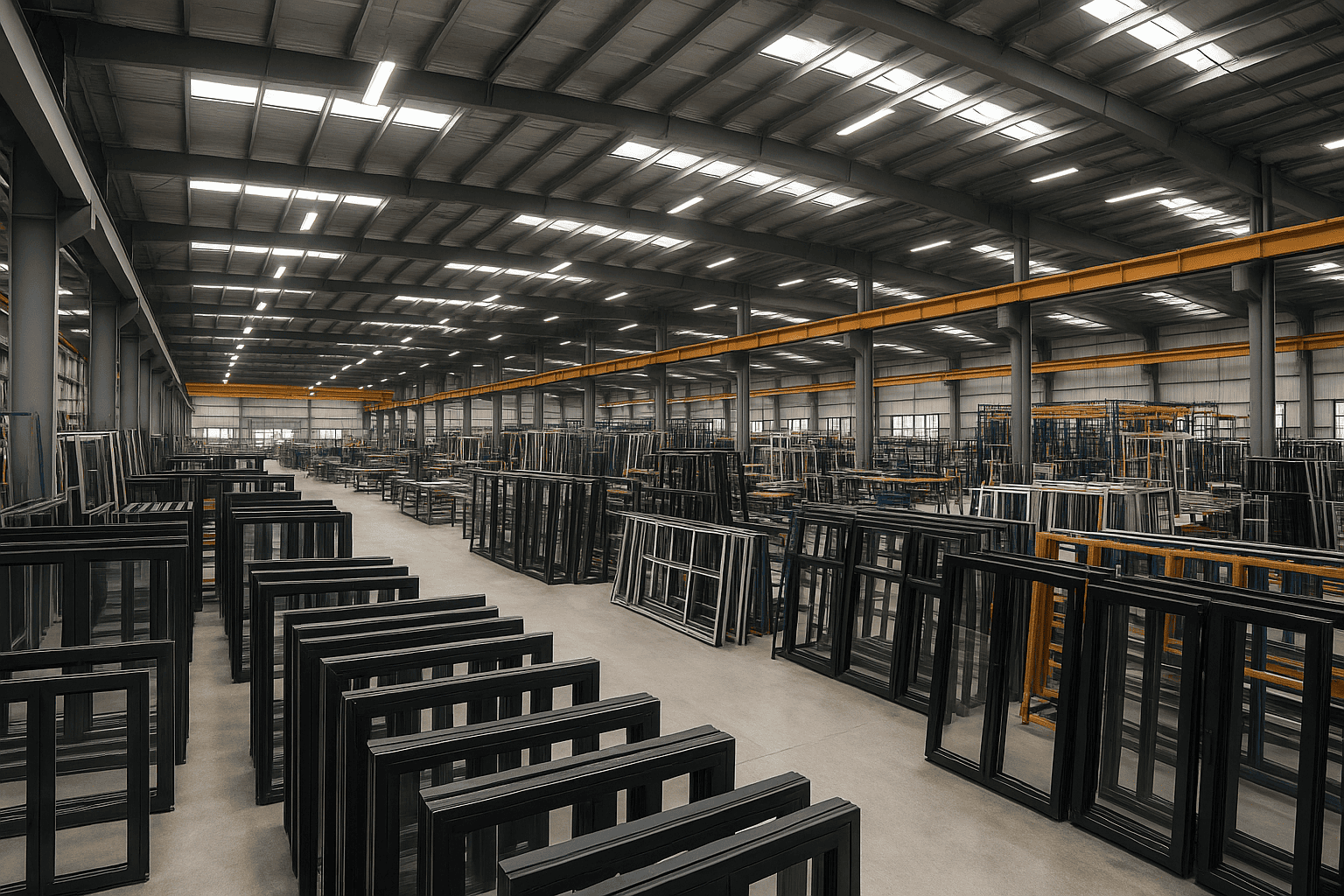
Why Choose HOGLAD?
- ISO certified manufacturing
- Custom design capabilities
- Global shipping & support
- Comprehensive warranties
- Advanced testing facilities
- Sustainable manufacturing practices
Technical Specifications
Frequently Asked Questions
How long do commercial windows last?
High-quality commercial windows typically last 20-30 years with proper maintenance, offering excellent long-term value for building owners. Premium systems with advanced coatings and superior frame materials can extend this lifespan to 40+ years in optimal conditions.
What's the ROI on window upgrades?
Energy-efficient windows can reduce HVAC costs by 15-30%, with payback periods of 5-10 years depending on climate and utility rates. Additional benefits include increased property values, improved tenant satisfaction, and potential tax incentives for energy-efficient improvements.
Are there security considerations?
Commercial windows can include laminated glass, reinforced frames, and locking mechanisms to enhance building security and occupant safety. Advanced options include impact-resistant glazing, blast-resistant designs, and integrated alarm systems for high-security applications.
What about maintenance requirements?
Regular cleaning, seal inspection, and hardware lubrication ensure optimal performance. Professional maintenance programs are available. Scheduled inspections should include weatherstrip replacement, drainage system cleaning, and performance testing to maintain warranty coverage.
How do commercial windows impact LEED certification?
High-performance windows contribute significantly to LEED points through energy efficiency, daylighting optimization, and sustainable materials. Strategic window selection can help achieve LEED Gold or Platinum certification while reducing long-term operational costs.
What financing options are available?
Commercial window projects can be financed through equipment leasing, energy service contracts, or property improvement loans. Many utility companies offer rebates and incentives for energy-efficient window installations, reducing overall project costs.
Technical Performance Factors
Thermal Performance
Advanced glazing systems with low-E coatings, gas fills, and thermal breaks minimize heat transfer while maximizing natural light transmission. Multi-pane configurations provide superior insulation values.
- • Triple-pane insulation systems
- • Krypton and argon gas fills
- • Warm-edge spacer technology
- • Thermally broken frame systems
Structural Integrity
Commercial windows must withstand significant structural loads including wind pressure, seismic forces, and thermal expansion. Engineered frame systems ensure long-term performance.
- • Wind load resistance testing
- • Seismic performance validation
- • Structural glazing systems
- • Impact resistance ratings
Acoustic Control
Sound transmission control is critical for commercial buildings in urban environments. Specialized glazing systems reduce exterior noise while maintaining visual connectivity.
- • Sound transmission class ratings
- • Laminated acoustic glass options
- • Asymmetrical glass thickness
- • Sealed frame construction
Contact Us
We'd love to hear from you. Send us a message and we'll respond as soon as possible.
